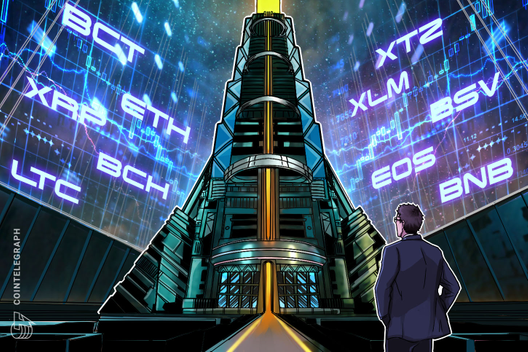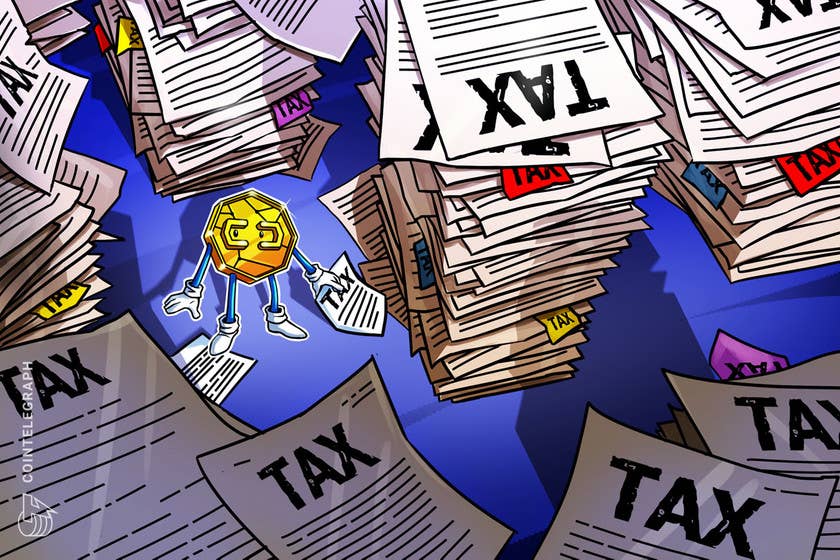Cryptocurrency exchange OKEx announced in a press release shared with Cointelegraph on Oct. 3 the creation of a Self-Regulated Organization (SRO) aiming to standardize crypto exchange compliance practices and policies.
A global self-regulatory crypto exchange body
Per the release, OKEx is already engaging with other exchange and market participants to form their planned SRO. The organization in question is meant to be similar to the World Federation of Stock Exchanges, FINRA in the United States and the World Economic Forum. OKEx made the announcement on the first day of the DELTA Summit in Malta.
Member exchanges will supposedly collaborate to define and comply with standards promoting digital asset adoption, government and regulator education, and develop metrics and criteria for trading, listings, and reporting. Head of Operations for OKEx Andy Cheung commented on the development:
“Cryptocurrencies are global and decentralized, and the industry remains nascent, thus regulations by jurisdiction are not enough. […] The only way for exchanges to grow and deliver impact is by joining together to develop practices and policies that will set a global standard and adapt to regional regulatory frameworks.”
Exchanges to collaborate with governments
The author of the report notes that crypto exchanges must “clarify their operational practices and procedures in order to best cooperate with governments and encourage innovation in this sector.” Head of International Strategy and Innovation at OKEx Enzo Villani said that the firm is already in talks with other trading platforms:
“We are in discussions with other exchanges and market participants to join us in formalizing a global SRO.”
In an exclusive interview with Cointelegraph, Villani also noted that he believes that while they are competing, crypto exchanges should fight to find an equal and fair field to compete in. He also explained that compliance is rather difficult in the industry as it currently stands:
“You’re gonna have the competitive matrix — it’s gonna be there all the time — you’ll compete on price, you’ll compete on speed, you’ll compete on listings, but you have to have a sandbox where everybody can play. And fortunately we have a sandbox already set up. What’s unfortunate is that we are trying to go regulator-to-regulator, instead of saying let’s just set some high level rules that fit into all these regulations at some level.”
As Cointelegraph reported in February, United States Commodity and Futures Trading Commission commissioner Brian Quintenz has suggested that participants in the cryptocurrency industry should create a self-regulatory structure.









